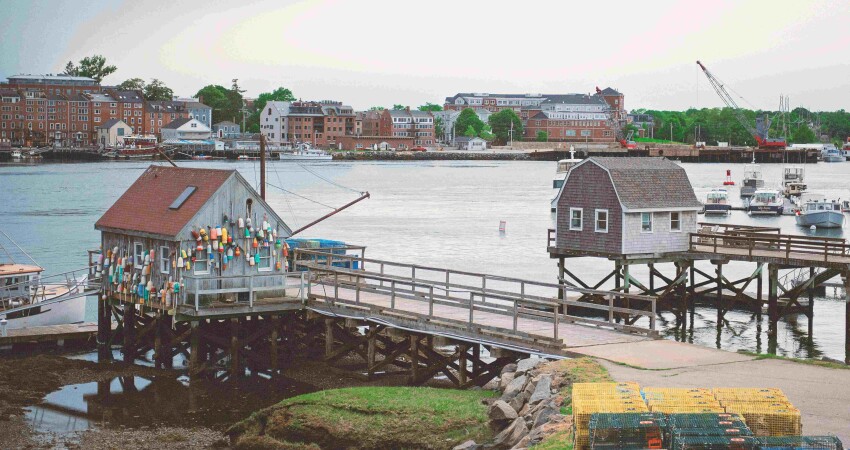The Maine legislature has taken a significant step by passing the supplemental budget for Fiscal Year 2024-2025. This budget, proposed by Governor Mills, includes a substantial $60 million to aid Maine communities and businesses recover from the devastating storm damage. These funds will be allocated to the working waterfront communities, underlining the importance of their role in the state's economy as soon as possible under the law.
The House of Representatives approved the budget by a 75-63 vote just after 4 a.m. Thursday. According to the Portland Press Herald, the Senate followed with a 19-14 vote, and the decision came after an all-night debate in the final hours of this year’s legislative session. Gov. Mills issued this statement after the Legislature passed,
“I am pleased that the Legislature has passed the supplemental budget and the $60 million in storm relief I requested. The budget makes balanced investments in child care, child protection, nursing homes, housing, public safety, and other vital needs that will improve the lives of Maine people. Importantly, it also includes critical relief for Maine communities recovering from the severe storms in December and January – relief that I am directing my Administration to begin distributing as soon as is statutorily possible. I look forward to signing this budget into law.”
The Maine Lobstermen’s Association (MLA) sent an email thanking the community for the “All Hands on Deck” effort, which involved the Maine public calling to urge legislators to pass Legislative Document (LD) 2225 to support the working waterfront.
LD 2225 was initially put in place to transfer $50 million from the Maine Budget Stabilization Fund to the Department of Transportation, Infrastructure Adaptation Fund, and Other Special Revenue Funds account for municipal, state, or regionally significant adaption, repair, and improvements that support community assets.
The MLA, Maine Coast Fishermen’s Association (MCFA), the Island Institute, and the New England Fishermen Stewards Association (NEFSA) are just a few named groups that have kept fishermen and the working waterfront informed about the funds accessible to small business owners on the coast. In early March, MLA, MCFA, and NEFSA staff testified in support of LD 2225.
MCFA stated in their written testimony, “This is particularly paramount for larger working waterfront properties that provide essentials like bait and fuel and serve as hubs for buying and selling lobsters.”
The MLA stated, “They say, sometimes, it takes a village- and the community sure proved that!”







